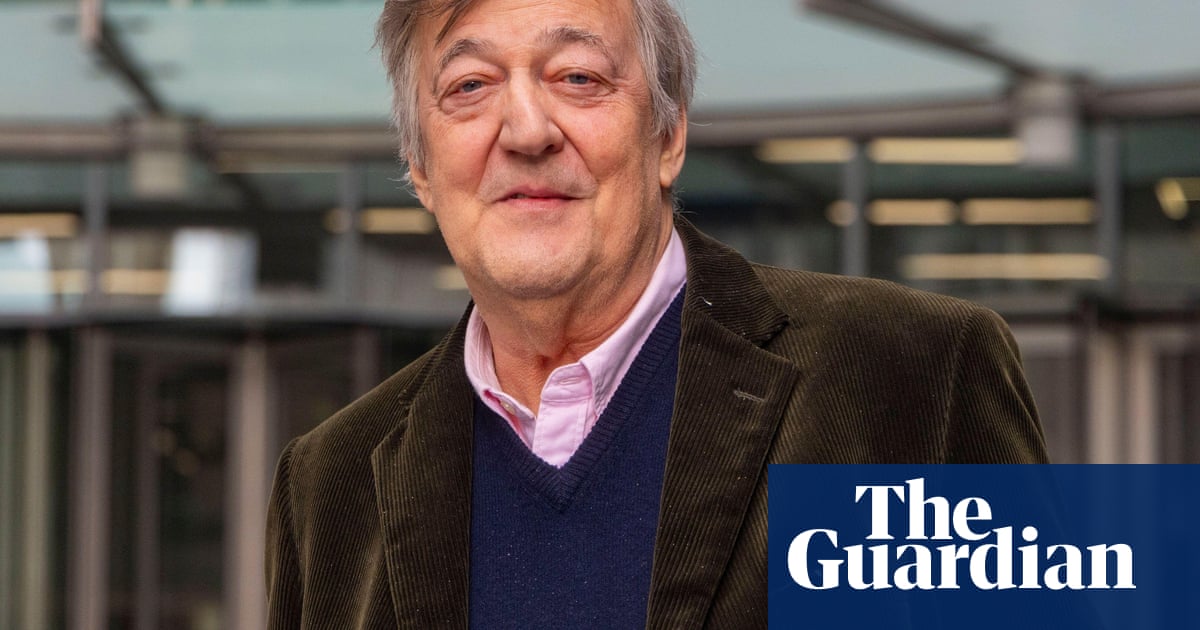Stephen Fry and Theo James are to star in a darkly satirical short film aboutbottom trawling, a controversial industrial process that drags heavy fishing nets across the seabed, killing everything in its path.
Bottom Line, launching on World Ocean Day (Sunday), is by the ocean conservation charity Blue Marine Foundation. Before the United Nations Ocean Conference, Blue Marine Foundation, Only One and Oceana UK are calling on the UK government to impose an immediate ban on bottom trawling in all UK marine-protected areas.
Directed by the twice-Bafta nominated director Ben Mallaby, the film “exposes the brutal truth aboutone of the most destructive and overlooked fishing practicestaking place in British marine reserves”, according to the charity.
Despite their designation, most UK marine protected areas (MPAs) still allow bottom trawling. The process decimates habitats and indiscriminately catches and kills countless “non-target” marine species in the process.
Research by Blue Marine shows that 74% of England’s inshore MPAs and 92% in Scotland still permit this practice, including in fragile habitats such as seagrass meadows.
In the film, James plays a diner at a smart restaurant who orders a seemingly sustainable fish course. But his evening takes a horrifying turn when an enormous net of rotting by-catch and oil is dumped on him and his table as the “extras” to his plaice.
Fry plays a comedic, shadowy waiter, who reminds James that what we don’t see on the menu is often the most devastating to marine environments. Both men are Blue Marine ambassadors.
“This shockingly destructive practice continues even in the UK’s protected areas,” Fry said. “I witnessed the waste first-hand and was absolutely appalled. It is morally corrupt to allow what should be thriving ecological wildernesses to be reduced to shells of destruction. Bottom trawling in marine protected areas must be banned now.”
James added: “As a keen diver I’ve long been captivated by the ocean and been horrified by the impact humans are having on it. Having had a load of bycatch dumped on me, it really drove home just how grotesque and devastating the practice of bottom trawling is.”
The film comes asan influential group of UK MPs have also called for ministers to ban bottom trawlingin marine-protected areas.
Campaigners have been calling for years for a ban, but public outcry has intensified sincea film by Sir David Attenborough was released last month, to coincide with his 99th birthday.
Toby Perkins, the chair of the environmental audit Commons committee, said: “Ministers must ensure that marine protected areas live up to their name. [They] have all the information they need to press ahead with banning bottom trawling in the offshore protected areas where it presents the most risk. Why the delay? Our oceans cannot afford any more prevarication. It is time to act.”
